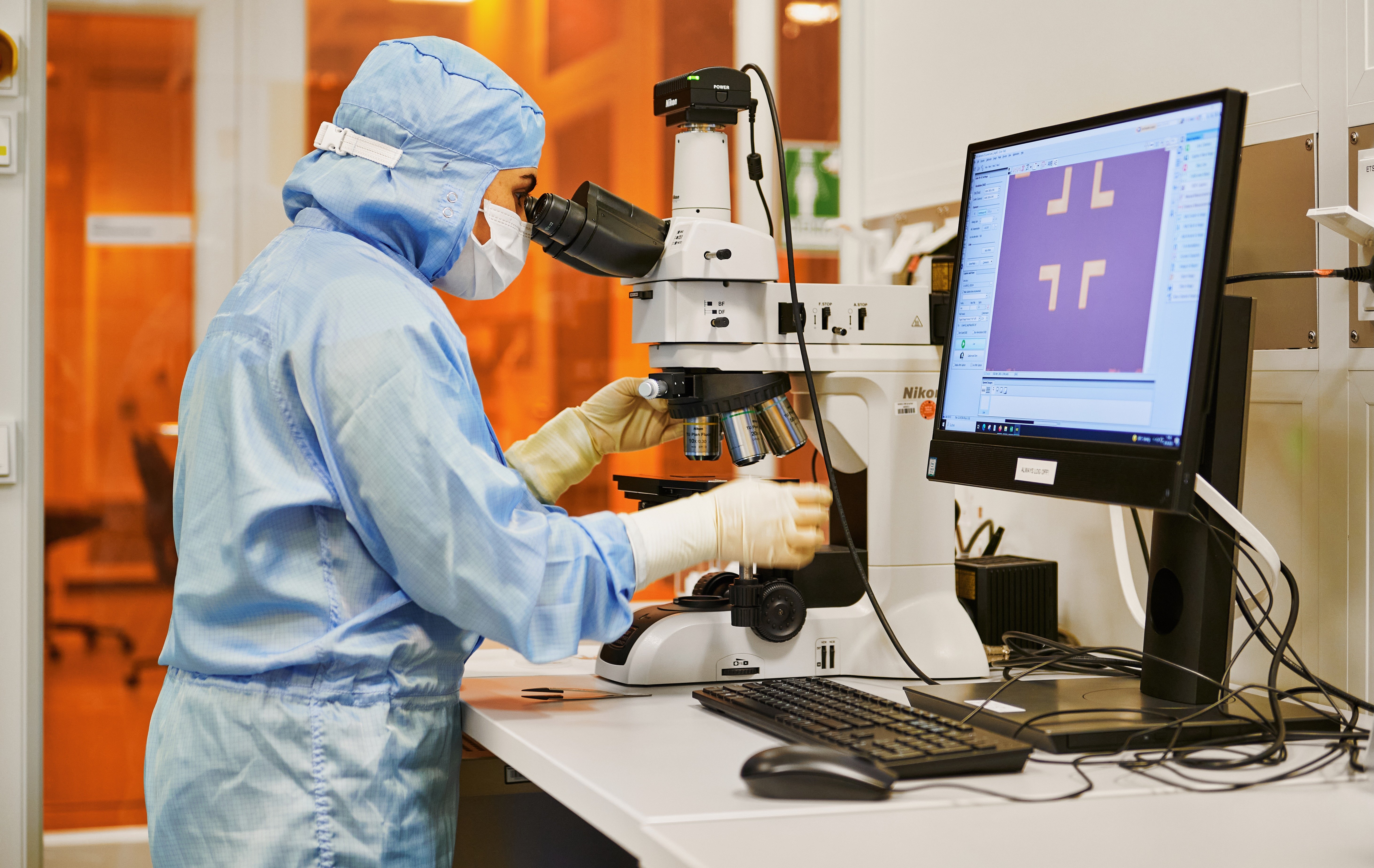Today a partnership between PASQAL, Pixel Photonics, Sorbonne Université, The Institute of Photonic Sciences, and Institut d'Optique Théorique et Appliquée has successfully won a grant from European Innovation Council (EIC) Pathfinder to build the essential foundations for a quantum computer powered by neutral atom technology.
Coordinated by the Multimode Quantum Optics group, at Sorbonne Université, the collaboration will develop the foundations of a quantum processor through the interaction between quantum of light — or photons — with a specially ordered assembly of neutral atoms.
It will use light as the carrier of quantum information, using an approach known as continuous variable quantum computing. It relies on the wave-like nature of light rather than discrete quantum bits associated with the particle behaviour.
Light can carry large amounts of information over long distances with low loss rates, operating at room temperature.
These properties make light a great candidate for scalable quantum computers. However, photons, the particles of light, do not interact with each other naturally, a feature that represents a big challenge in building quantum processing units, since interactions are required to carry out operations and create quantum circuits.
The technique under development by the consortium will enable them to manufacture exotic states of light with unprecedented efficiency by putting together their expertise in engineering and studying both atomic ensemble and quantum light.
Wladick Hartmann, CTO Pixel Photonics, shared:
"Providing a toolbox for the deterministic creation of exotic states of light will enable new and exciting quantum computing schemes. We are thrilled to provide the necessary innovation in photon detection to enable this new and exciting approach."
According to Nicolas Treps, Professor at Sorbonne Université, Multimode Quantum Optics group, and coordinator of the project:
“This project is very exciting scientifically, as it addresses one of the main bottlenecks of the otherwise very promising platform of quantum computing with non-classical light,” says

Pixel Photonics is a German nanophotonics startup founded in 2021 as a spin-off from WWU Münster that aims to commercialise highly scalable single-photon detectors. Its technology spans optical quantum computing, quantum key distribution, microscopy, metrology, and sensing.
It has a unique technological approach to single-photon detection, combining scalability with high detection efficiency at very high speed. This makes new applications feasible and helps scale the number of channels in quantum computing or data rates in quantum cryptography without increasing technical complexity.
A Pathfinder-2023 challenge grant from the European Innovation Council is funding the project.
Lead image: Pixel Photonics founders: Dr Wladick Hartmann, Christoph Seidenstücker, Dr Fabian Beutel, Nicolai Walter, Martin Wolff (from left). Photo: Peter Leßmann.


Would you like to write the first comment?
Login to post comments